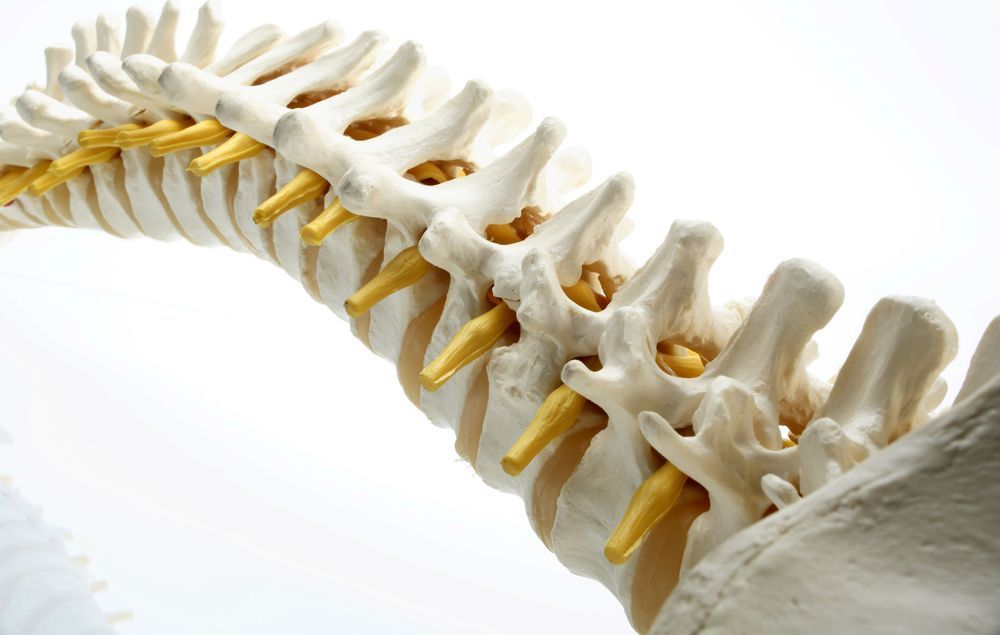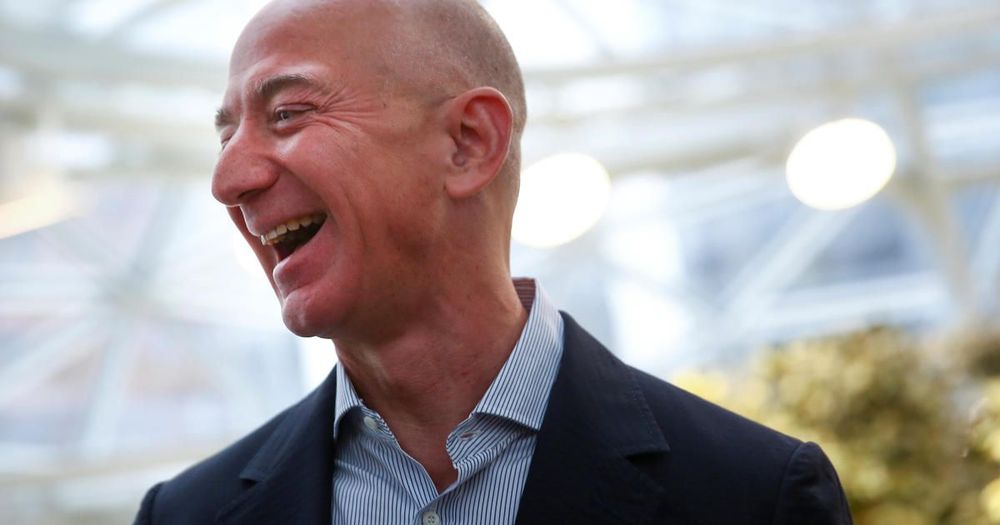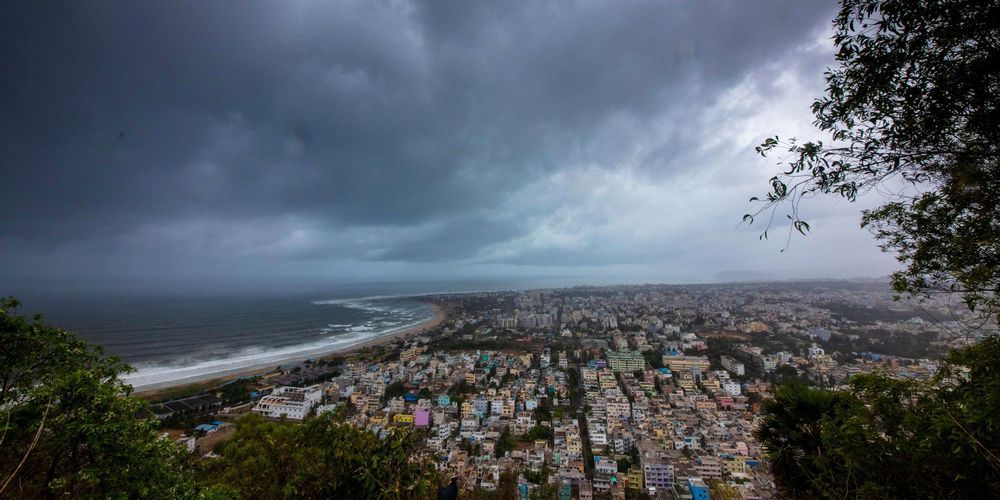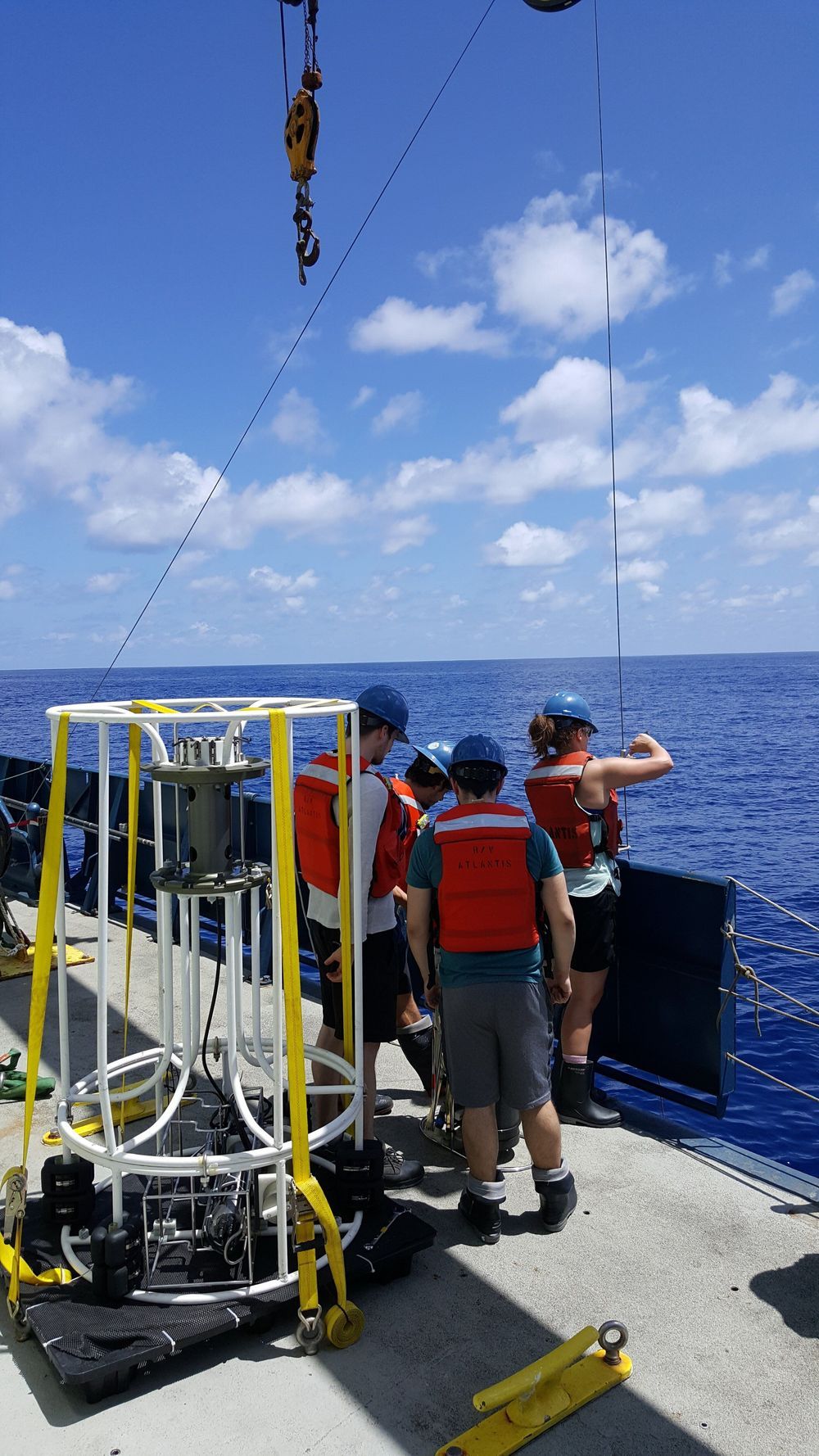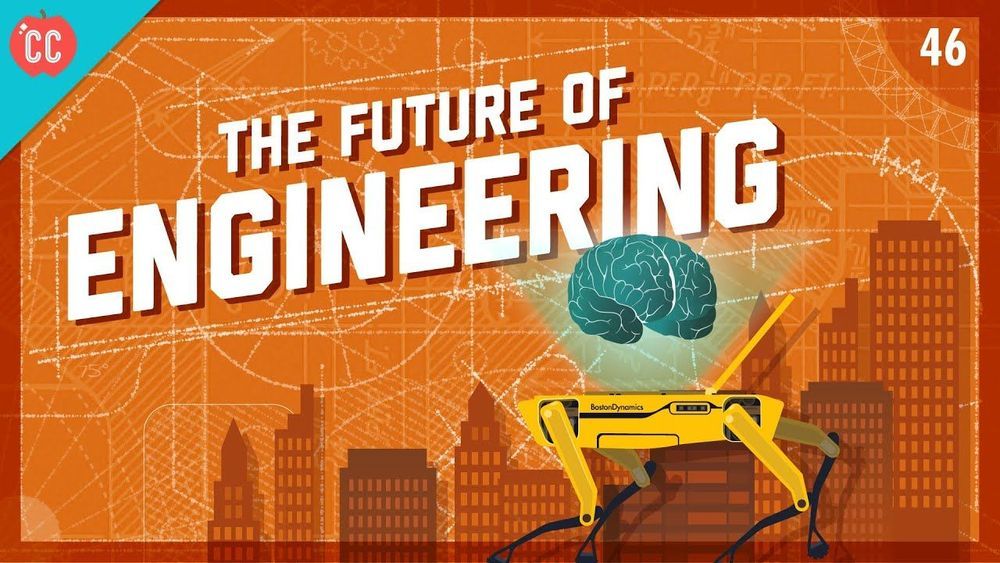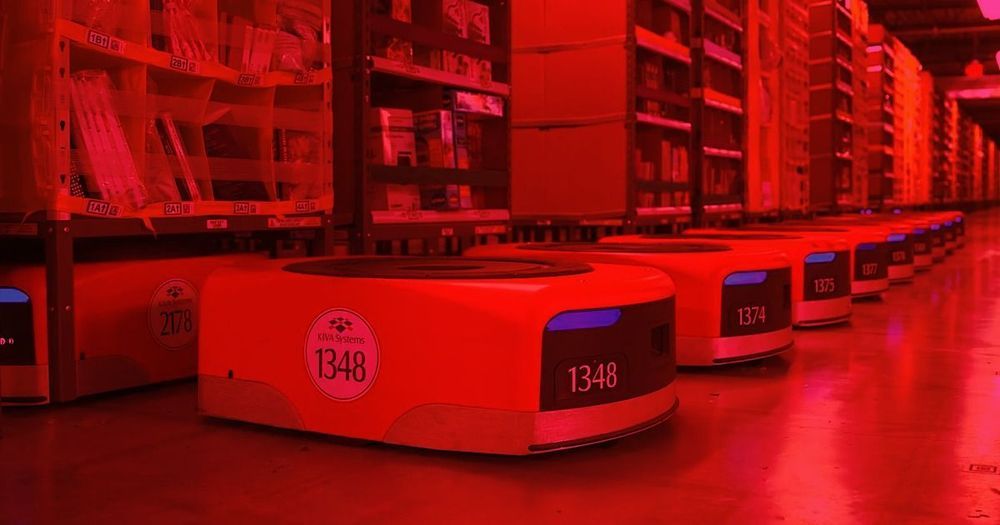Arsenic is a deadly poison for most living things, but new research shows that microorganisms are breathing arsenic in a large area of the Pacific Ocean. A University of Washington team has discovered that an ancient survival strategy is still being used in low-oxygen parts of the marine environment.
“Thinking of arsenic as not just a bad guy, but also as beneficial, has reshaped the way that I view the element,” said first author Jaclyn Saunders, who did the research for her doctoral thesis at the UW and is now a postdoctoral fellow at the Woods Hole Oceanographic Institution and the Massachusetts Institute of Technology.
The study was published this week in the Proceedings of the National Academy of Sciences.
Read more


